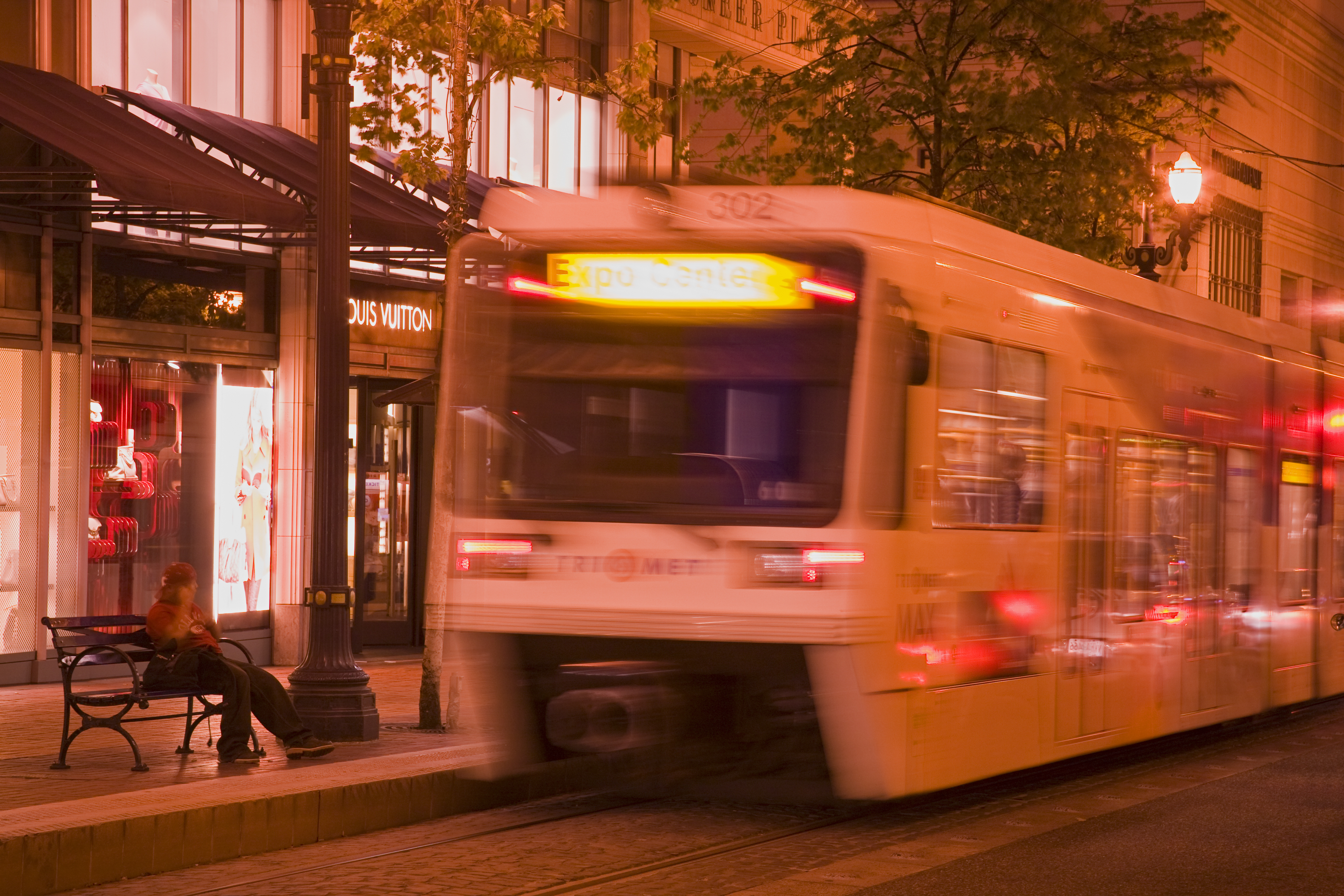
Source: Richard Cummins / Getty
In an age when it seems that most white Americans are still unwilling or unable to fight against racism and Islamaphobia, those who actually do are often lauded loudly. However, Micah Fletcher, the 21-year-old survivor of the recent terror attack in Portland, doesn’t think his heroism should make him the center of attention.
On Friday, May 26, a man who yelled anti-Muslim slurs at two teenage girls on the MAX train brandished a knife and attacked Fletcher and two other men who attempted to defend them. Taliesin Myrddin Namkai Meche, 23, and Rick Best, 53, died from their injuries.
Jeremy Joseph Christian, 35, has since been arraigned on charges of aggravated murder and attempted murder.
In a Facebook video posted on Wednesday, Fletcher took the time to thank people who have sent him kind messages, offered help, and donated gifts. However, he also took the time to recognize a very important issue that many people are overlooking: the young girls who were being verbally attacked.
“Imagine for a second being the little girl on the MAX,” he said. “This man is screaming at you, his face is a pile of knives, his body is a gun. Everything about him is cocked, loaded and ready to kill you. There’s a history here with this, you can feel this has happened before, the only thing that was different was the names and faces.”
Fletcher also points out that he believes it’s “immensely morally wrong” that he and the two families of the white men who were killed have received a significantly greater outpouring of both money and support than the two girls who had originally been targeted by Christian. He blames this largely on a “white savior complex” among his fellow Portlanders, and in the video’s description, he links to a You Caring fundraiser that is raising money for the girls.
The page’s description says the funds will go towards “basic necessities like meals and transportation, as they feel unsafe to ride public transportation after their experience” as well as mental health services.
“When a kid is hurt like that, we as a society and as a world have a moral obligation to do something about it,” Fletcher concluded.
Watch Fletcher’s Facebook video below.
















